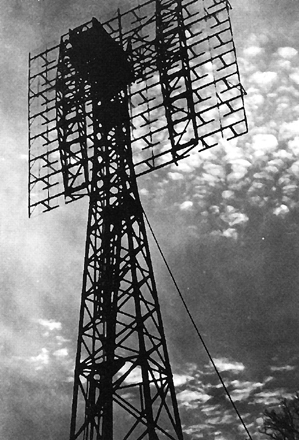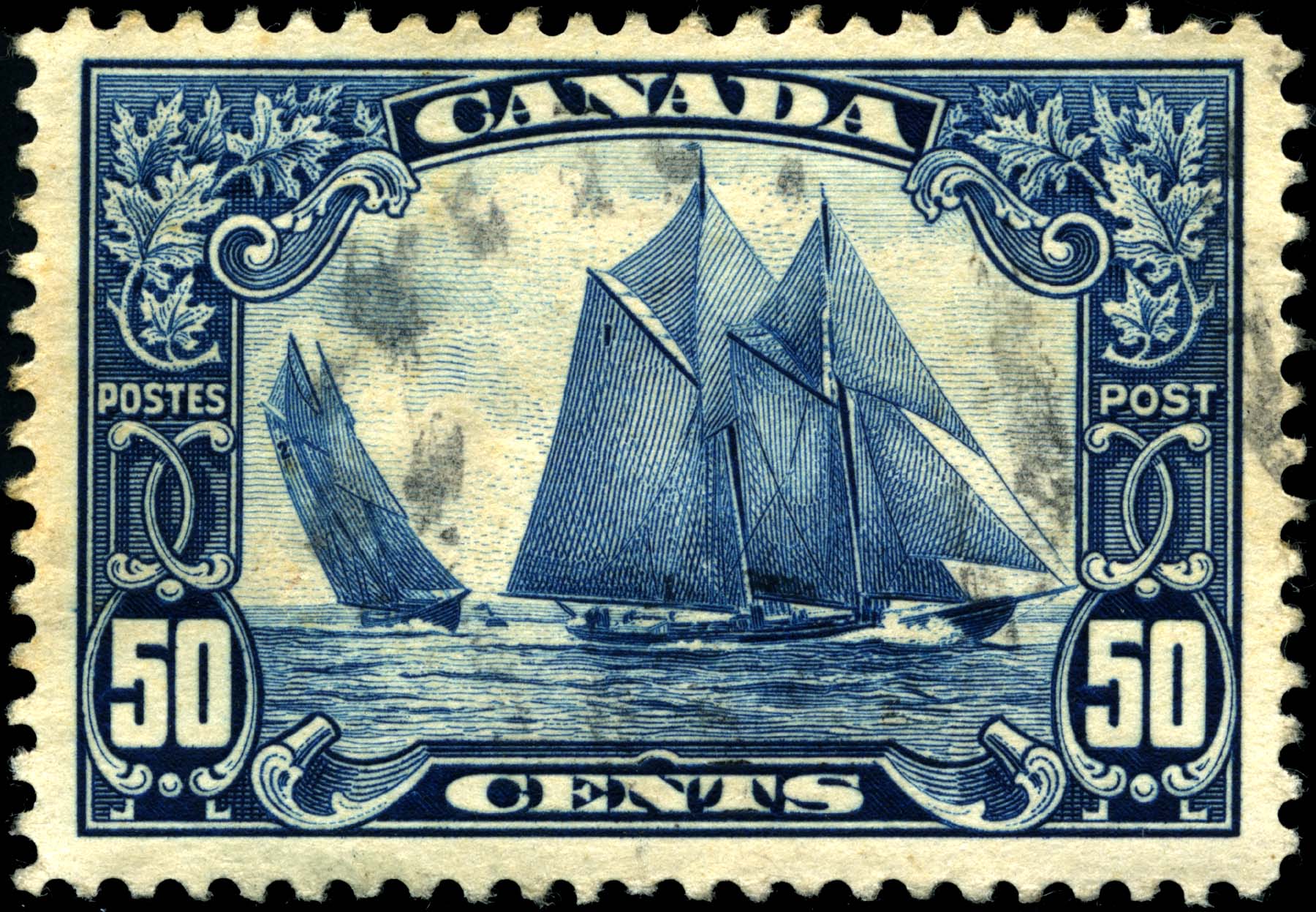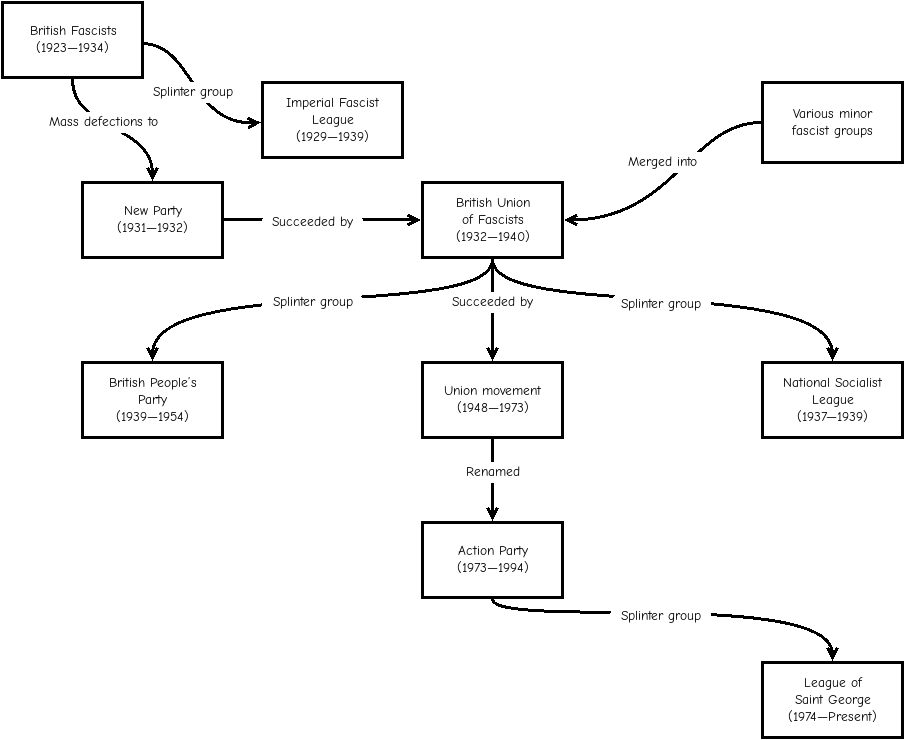|
1946 London County Council Election
An election to the County Council of London took place on 7 March 1946. The council was elected by First Past the Post with each elector having two votes in the two-member seats. The Labour Party once more made gains, again increasing their majority over the Conservative Party. Campaign Due to World War II, no election had been held to the council since 1937. The Labour Party stood candidates in all constituencies except the City of London, and Westminster St George's. Its manifesto proposed a major programme of house building, new schools, and the adoption of the ''County of London Plan''. The Conservative Party proposed appointing a housing director with responsibility for the construction of new houses, and opposed building large secondary schools, instead arguing for smaller technical schools. Results The Labour Party won its largest ever majority, gaining eighteen seats from the Conservative Party. The ''Manchester Guardian'' argued that the Conservatives would be s ... [...More Info...] [...Related Items...] OR: [Wikipedia] [Google] [Baidu] |
Lord Latham
Charles Latham, 1st Baron Latham (1888–1970) was a British politician and Leader of the London County Council from 1940 to 1947. Early life and career Latham was born with the surname Lathan in Norwich, and changed his name in order to distinguish himself from his elder brother, who also had a political career. He worked as a Railway Clerk there, and later moved to London where he became involved in Trade Union activities. He helped to form the London Labour Party in 1914, and was President of the National Union of Clerks in 1916. During World War I he fought in France with the Royal Sussex Regiment. Elected office Latham had retrained as an accountant and continued his involvement in London politics, fighting the general elections of 1922 and 1923 in Hendon. His administrative skill and knowledge of transport issues led to his selection as a County Alderman on the London County Council in 1928. This brought him into close contact with Herbert Stanley Morrison, Herbert Mo ... [...More Info...] [...Related Items...] OR: [Wikipedia] [Google] [Baidu] |
Westminster St George's (London County Council Constituency)
Westminster St George's, known until 1919 as St George's Hanover Square, was a constituency used for elections to the London County Council London County Council (LCC) was the principal local government body for the County of London throughout its existence from 1889 to 1965, and the first London-wide general municipal authority to be directly elected. It covered the area today kno ... between 1889 and 1949. The seat shared boundaries with the UK Parliament constituency of the same name. Councillors Election results References {{London County Council London County Council constituencies Politics of the City of Westminster ... [...More Info...] [...Related Items...] OR: [Wikipedia] [Google] [Baidu] |
1946 English Local Elections
Events January * January 6 - The 1946 North Vietnamese parliamentary election, first general election ever in Vietnam is held. * January 7 – The Allies recognize the Austrian republic with its 1937 borders, and divide the country into four Allied-occupied Austria, occupation zones. * January 10 ** The first meeting of the United Nations is held, at Methodist Central Hall Westminster in London. ** ''Project Diana'' bounces radar waves off the Moon, measuring the exact distance between the Earth and the Moon, and proves that communication is possible between Earth and outer space, effectively opening the Space Age. * January 11 - Enver Hoxha declares the People's Republic of Albania, with himself as prime minister of Albania, prime minister. * January 16 – Charles de Gaulle resigns as head of the Provisional Government of the French Republic, French provisional government. * January 17 - The United Nations Security Council holds its first session, at Church House, Westmin ... [...More Info...] [...Related Items...] OR: [Wikipedia] [Google] [Baidu] |
1946 In London
Events January * January 6 - The 1946 North Vietnamese parliamentary election, first general election ever in Vietnam is held. * January 7 – The Allies recognize the Austrian republic with its 1937 borders, and divide the country into four Allied-occupied Austria, occupation zones. * January 10 ** The first meeting of the United Nations is held, at Methodist Central Hall Westminster in London. ** ''Project Diana'' bounces radar waves off the Moon, measuring the exact distance between the Earth and the Moon, and proves that communication is possible between Earth and outer space, effectively opening the Space Age. * January 11 - Enver Hoxha declares the People's Republic of Albania, with himself as prime minister of Albania, prime minister. * January 16 – Charles de Gaulle resigns as head of the Provisional Government of the French Republic, French provisional government. * January 17 - The United Nations Security Council holds its first session, at Church House, Westmin ... [...More Info...] [...Related Items...] OR: [Wikipedia] [Google] [Baidu] |
1946 Elections In The United Kingdom
Events January * January 6 - The first general election ever in Vietnam is held. * January 7 – The Allies recognize the Austrian republic with its 1937 borders, and divide the country into four occupation zones. * January 10 ** The first meeting of the United Nations is held, at Methodist Central Hall Westminster in London. ** ''Project Diana'' bounces radar waves off the Moon, measuring the exact distance between the Earth and the Moon, and proves that communication is possible between Earth and outer space, effectively opening the Space Age. * January 11 - Enver Hoxha declares the People's Republic of Albania, with himself as prime minister. * January 16 – Charles de Gaulle resigns as head of the French provisional government. * January 17 - The United Nations Security Council holds its first session, at Church House, Westminster in London. * January 19 ** The Bell XS-1 is test flown for the first time (unpowered), with Bell's chief test pilot Jack Woolams ... [...More Info...] [...Related Items...] OR: [Wikipedia] [Google] [Baidu] |
British People's Party (1939)
The British People's Party (BPP) was a British far-right political party founded in 1939 and led by ex-British Union of Fascists (BUF) member and Labour Party Member of Parliament John Beckett. Origins The BPP had its roots in the journal ''New Pioneer'', edited by John Beckett and effectively the mouthpiece of the British Council Against European Commitments, a co-ordinating body involving the National Socialist League (NSL), English Array and League of Loyalists. The main crux of this publication was opposition to war with Nazi Germany, although it also endorsed fascism and anti-Semitism. The proprietor of this journal was Viscount Lymington, a strong opponent of war with Germany.D. Boothroyd, ''The History of British Political Parties'', London: Politico's Publishing, 2001, p. 24 Others involved in its production included A. K. Chesterton and the anthropologist George Henry Lane-Fox Pitt-Rivers, whilst individual members, especially Lymington, were close to ruralist Rolf G ... [...More Info...] [...Related Items...] OR: [Wikipedia] [Google] [Baidu] |
Shoreditch (London County Council Constituency)
Shoreditch was a constituency used for elections to the London County Council between 1919 and 1949. The seat shared boundaries with the Shoreditch (UK Parliament constituency), UK Parliament constituency of the same name. Councillors Election results References [...More Info...] [...Related Items...] OR: [Wikipedia] [Google] [Baidu] |
Fulham West (London County Council Constituency)
Fulham West was a constituency used for elections to the London County Council between 1919 and 1955. The seat shared boundaries with the Fulham West (UK Parliament constituency), UK Parliament constituency of the same name. It was largely replaced by a new Fulham (London County Council constituency), Fulham constituency. Councillors Election results References [...More Info...] [...Related Items...] OR: [Wikipedia] [Google] [Baidu] |
1919 London County Council Election
An election to the County Council of London took place on 6 March 1919. It was the tenth triennial election of the whole Council. The size of the council was increased to 124 councillors and 20 aldermen. The councillors were elected for electoral divisions corresponding to the new parliamentary constituencies that had been created by the Representation of the People Act 1918. There were 60 dual-member constituencies and one four-member constituency. The council was elected by First Past the Post, with each elector having two votes in the dual-member seats. National government background The prime minister of the day was the Liberal David Lloyd George. who had just led a Coalition Government that included the Unionist Party and some Liberals and Socialists to a general election victory three months earlier, with the help of a Coalition government 'coupon'. London Council background Although the Municipal Reform Party had won an overall majority at the last elections in 1913, in ... [...More Info...] [...Related Items...] OR: [Wikipedia] [Google] [Baidu] |
Communist Party Of Great Britain
The Communist Party of Great Britain (CPGB) was the largest communist organisation in Britain and was founded in 1920 through a merger of several smaller Marxist groups. Many miners joined the CPGB in the 1926 general strike. In 1930, the CPGB founded the ''Daily Worker'' (renamed the ''Morning Star'' in 1966). In 1936, members of the party were present at the Battle of Cable Street, helping organise resistance against the British Union of Fascists. In the Spanish Civil War the CPGB worked with the USSR to create the British Battalion of the International Brigades, which party activist Bill Alexander commanded. In World War II, the CPGB mirrored the Soviet position, opposing or supporting the war in line with the involvement of the USSR. By the end of World War II, CPGB membership had nearly tripled and the party reached the height of its popularity. Many key CPGB members became leaders of Britain's trade union movement, including most notably Jessie Eden, Abraham Lazarus ... [...More Info...] [...Related Items...] OR: [Wikipedia] [Google] [Baidu] |
Liberal Party (UK)
The Liberal Party was one of the two Major party, major List of political parties in the United Kingdom, political parties in the United Kingdom, along with the Conservative Party (UK), Conservative Party, in the 19th and early 20th centuries. Beginning as an alliance of Whigs (British political party), Whigs, free trade–supporting Peelites and reformist Radicals (UK), Radicals in the 1850s, by the end of the 19th century it had formed four governments under William Ewart Gladstone, William Gladstone. Despite being divided over the issue of Irish Home Rule Movement, Irish Home Rule, the party returned to government in 1905 and won a landslide victory in the 1906 United Kingdom general election, 1906 general election. Under Prime Minister of the United Kingdom, prime ministers Henry Campbell-Bannerman (1905–1908) and H. H. Asquith (1908–1916), the Liberal Party passed Liberal welfare reforms, reforms that created a basic welfare state. Although Asquith was the Leader of t ... [...More Info...] [...Related Items...] OR: [Wikipedia] [Google] [Baidu] |
1945 UK General Election
The 1945 United Kingdom general election was a national election held on 5 July 1945, but polling in some constituencies was delayed by some days, and the counting of votes was delayed until 26 July to provide time for overseas votes to be brought to Britain. The governing Conservative Party sought to maintain its position in Parliament but faced challenges from public opinion about the future of the United Kingdom in the post-war period. British Prime Minister Winston Churchill proposed to call for a general election in Parliament, which passed with a majority vote less than two months after the conclusion of the Second World War in Europe. The election's campaigning was focused on leadership of the country and its postwar future. Churchill sought to use his wartime popularity as part of his campaign to keep the Conservatives in power after a wartime coalition had been in place since 1940 with the other political parties, but he faced questions from public opinion surrounding ... [...More Info...] [...Related Items...] OR: [Wikipedia] [Google] [Baidu] |






.png)
